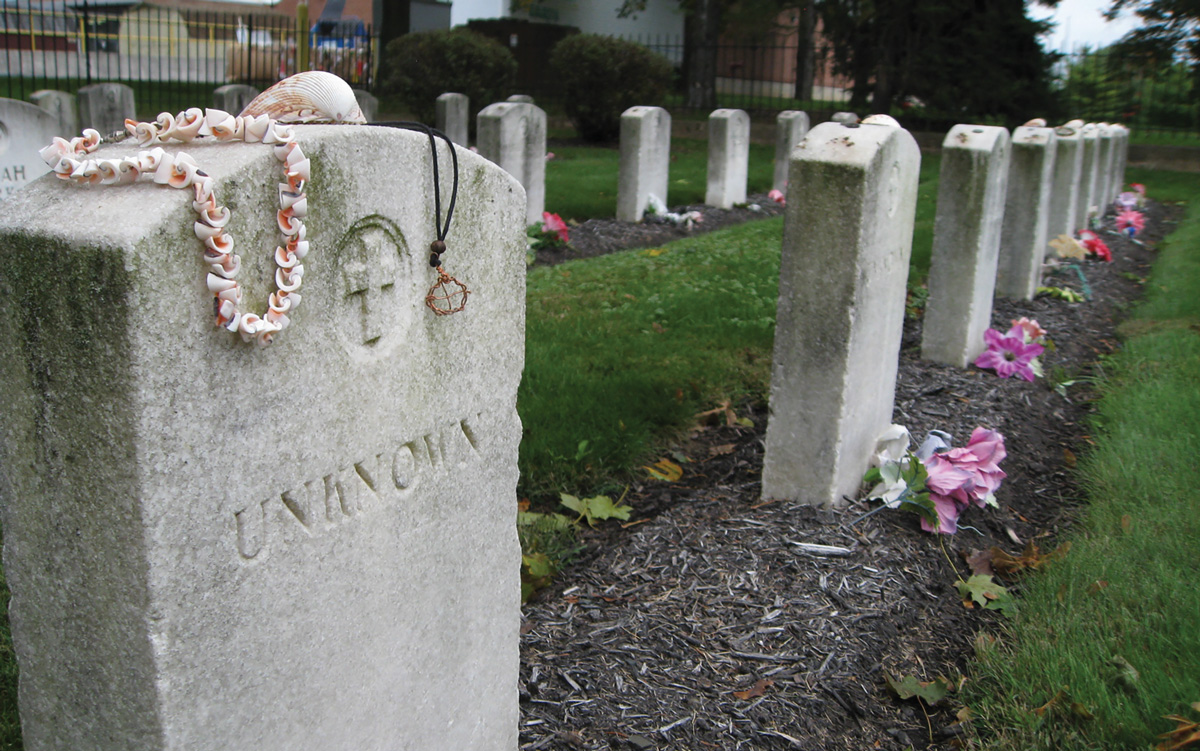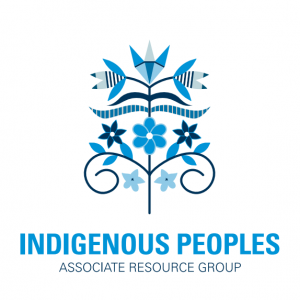The painful history of Federal Indian Boarding Schools − and the ongoing impact on Indigenous health
May 17, 2022We cannot effectively address current and future health concerns for Indigenous people without addressing root causes of trauma that go back for generations.
Recently, the Department of the Interior (DOI) announced preliminary findings from the Federal Indian Boarding School Initiative Investigative Report. The initial investigation catalogued horrific conditions that Indigenous children were forced to endure at hundreds of boarding schools run by the U.S. government over the course of 150 years. (The list of schools that operated from 1819 to 1969 include 21 identified sites in Minnesota, mainly in the northern and western portions of the state.)
Thus far, approximately 19 federal Indian boarding schools account for more than 500 American Indian, Alaska Native and Native Hawaiian child deaths. With most buried in unmarked or poorly maintained burial sites located far from families and communities, the number is expected to grow into the thousands or even tens of thousands.
Mistreatment and abuse that included physical beatings, withholding of food and solitary confinement are documented at length in the report − part of a systemic and brutal effort of forced assimilation and the intentional destruction of language, family structure, religion and cultural practices.
Additionally, the report highlights findings from the Running Bear Studies. The Running Bear Studies, funded by the National Institutes of Health (NIH), are the first medical studies to systematically and quantitatively examine the relationship between American Indian boarding school child attendance and physical health status. The report emphasizes that, at a minimum, the separation from family contributed to poor health impacts on child attendees as adults.

The legacy of trauma
As a company dedicated to the health of all communities, Blue Cross and Blue Shield of Minnesota recognizes the devastating impact of Indian boarding schools on the physical, mental, and emotional states of generations of Indigenous people. Also, we are aware of how the findings from the DOI are affecting Indigenous individuals, communities, partners and non-profit organizations. The National Native American Boarding School Healing Coalition has trauma resources for those who may need it during this time.
recognizes the devastating impact of Indian boarding schools on the physical, mental, and emotional states of generations of Indigenous people. Also, we are aware of how the findings from the DOI are affecting Indigenous individuals, communities, partners and non-profit organizations. The National Native American Boarding School Healing Coalition has trauma resources for those who may need it during this time.
Boarding schools robbed generations of Indigenous people the ability to learn healthy family dynamics. Countless children never came home. Those who did suffered irreparable and enduring trauma. Our thoughts are with the those impacted by the traumatic legacy of Indian boarding school policy, the families who never knew what became of their children, and the survivors who are haunted by the memories of boarding school every day.
Taking steps towards healing
The Department of the Interior has stressed the urgent need to invest in and support cultural revitalization— supporting the work of Indigenous communities to revitalize their languages, cultural practices, and traditional food systems. Blue Cross is committed to investing in Indigenous culturally-based solutions to address intergenerational trauma and Adverse Childhood Experiences (ACEs), along with efforts that emphasize cultural revitalization.
Now more than ever, it is critical to support boarding school survivors in being able to share their stories and process their trauma as a first step towards healing. To effectively meet the needs of Indigenous people, we must work to increase cultural competency and ensure that treatment is relevant and sensitive to the needs of Indigenous communities.
Sasha Houston Brown co-chairs the Indigenous Peoples Resource Group (IPRG) at Blue Cross and Blue Shield of Minnesota. IPRG is designed for associates who are Native American, Native Hawaiian, Alaskan Native, their descendants, and allies to support the company strategy of diversity and inclusion and provide educational opportunities across the enterprise. IPRG is committed to amplifying the voices of Indigenous peoples across Blue Cross and helping to educate associates on the lived experiences of Indigenous peoples.


Thank you for continuing to bring forward this tragic history and ensure that people understand it, never forget it, and do necessary work to attempt to make amends to our Indigenous people.